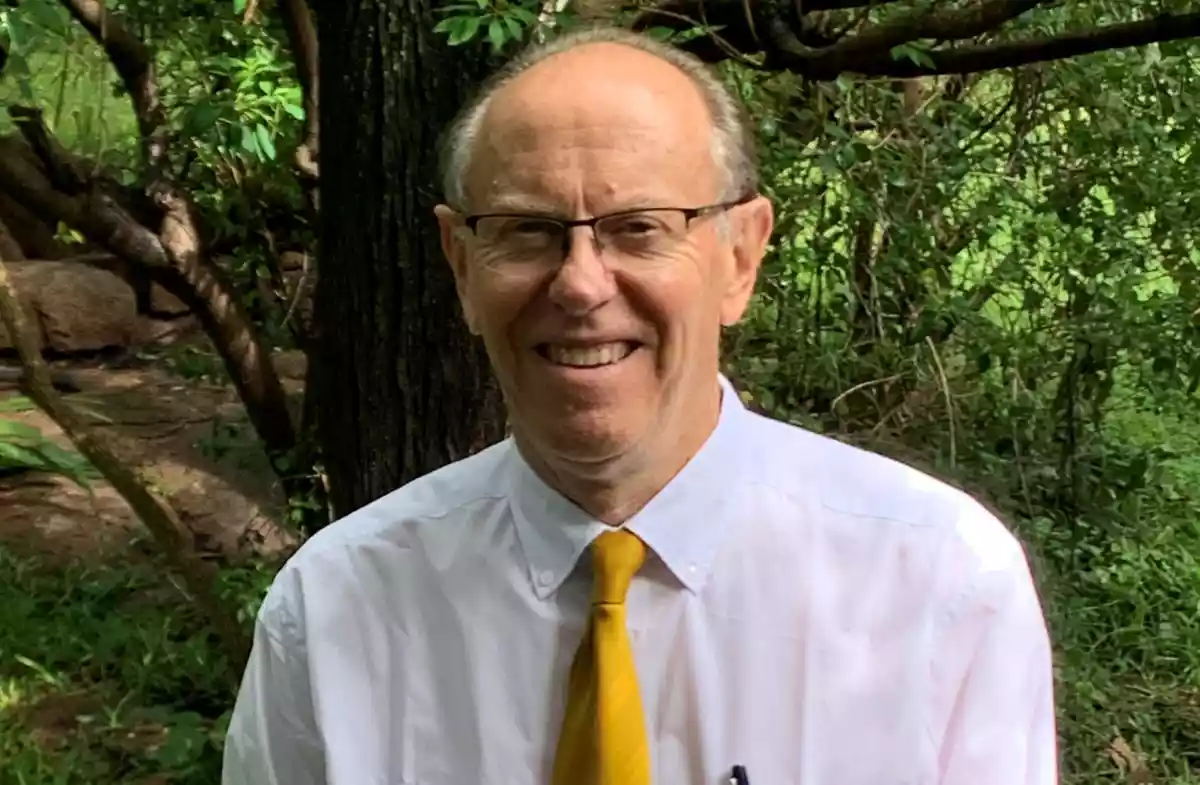
MTSHABEZI DAM is bursting at the seams. Its fresh and clean waters threaten to flood the nearby homesteads.
NJABULO NCUBE DEPUTY EDITOR
An occasional angler comes along to fish, braai fish and camp at the shores of Mtshabezi Dam, an oasis in this semi-arid region of Matabeleland South.
But villagers, who face perennial serious food shortages, do not understand why the government has for the past 20 years — since Mtshabezi Dam was completed – failed to initiate irrigation projects to help them become self-sufficient.
Homesteads, schools and clinics within the vicinity of this massive government investment still rely on boreholes sunk by non-governmental organisations, yet fresh water is left to evaporate and waste away.
Villagers cannot fathom why authorities are not piping the water to feed schools, clinics and even their homesteads situated a few kilometres from the dam.
There are no irrigation schemes nearby as promised by authorities for the past 20 years, villagers say. “The dam has been full since it was built, but we are experiencing water problems here,” Felix Siziba, a general worker at Mtshabezi Mission, said.
“We hear the water is going to Bulawayo, it is not for us.” Gogo Jesta Moyo (86) also does not understand why authorities have left water in Mtshabezi Dam to waste away when the Matabeleland South Province experiences droughts and chronic water shortages.
- Chamisa under fire over US$120K donation
- Mavhunga puts DeMbare into Chibuku quarterfinals
- Pension funds bet on Cabora Bassa oilfields
- Councils defy govt fire tender directive
Keep Reading
“When I vote on July 31, I will vote for people I think will bring change to our lives,” she said. “We have suffered a lot here yet we have a dam that is always full.
“In 2005, government officials said they would set an irrigation scheme at Mvuthu, but nothing has come of it.” With the formation of the coalition government in 2009, there was hope among villagers in Esigodini, Mawabeni and Mtshabezi that things could change with the dam being put to full use.
But alas, nothing has happened, save for the construction of a pipeline from the dam to feed desperate Bulawayo residents. The pipeline to Umzingwane Dam, has left some villagers feeling short-changed. “There is nothing for us, the water is going to Bulawayo,” he said. “We pray that a new government voted after these elections will finally deliver for us.
“When the dam was constructed we thought all our problems would be solved, but look we are still poor,” Siziba said. Water Resources Development minister Samuel Sipepa Nkomo on Friday hinted politics had affected the effective utilisation of water from the massive dam, which he said had the potential to alleviate Matabeleland South and Bulawayo’s chronic water woes.
Nkomo was on Friday forced to abandon the official commissioning of the long awaited Mtshabezi Dam pipeline, envisaged to boost water supplies to Bulawayo’s feeder dams from the present about 15 000 cubic litres to 17 000 cubic litres a day.
He claimed Zanu PF sabotaged the power lines leading to the dam site to prevent Prime Minister Morgan Tsvangirai from commissioning the pipeline project to Bulawayo.
Nkomo said Zanu PF was desperate for votes, particularly where it has been rejected since 2000. “Zanu PF does not want to see this project through, but they should be told that the people of Bulawayo and Matabeleland will not vote for saboteurs,” he said.
“When we (MDC-T) form a new government, the people of the region will enjoy the fruits of Mtshabezi Dam. “Let Zanu PF play politics with the people of this region, but they will regret come election day.”
But while politics is at play, hunger, thirst and dirt haunts villagers, ironically near a dam bursting at the seams.










